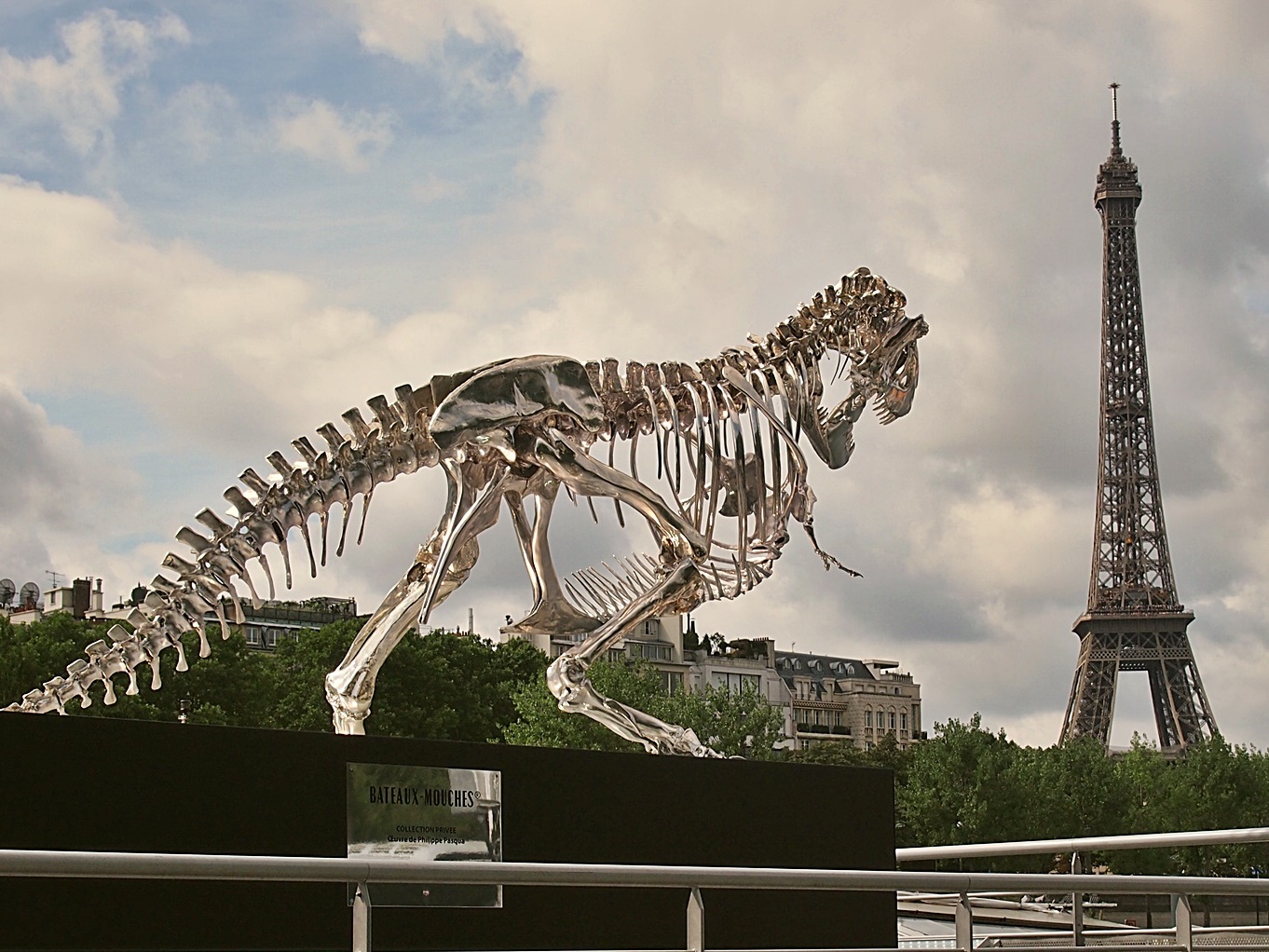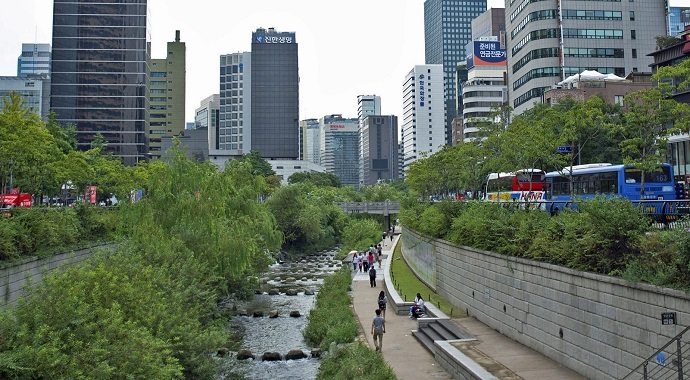Not Malaysia-specific, but extremely relevant.
A reverse effect to traffic generation is the phenomenon of “traffic evaporation”: traffic that disappears when road space is reallocated from private vehicles to more sustainable modes of transport like walking, cycling and public transportation. While traffic evaporation has been well-documented for more than 20 years, most decision- and opinion-makers are still under the impression that reducing car lanes will make traffic worse.
All this does not mean that cities don’t require adequate road connectivity among rural areas and other cities. But reducing road space for cars in denser areas while improving areas for walking, cycling and public transportation clearly does not produce the chaos many believe it will. It is actually a more sustainable and equitable way of improving mobility in dense and fast-growing cities



Interesting study, I really do hope we can emulate that and focus more on providing a better public transportation service. Our buses are… Not the best.
The difference is service quality is stark - I get out of central KL and PJ and I can really feel it. Penang pun I only dare when in Georgetown
Despite the shittiness of rail services due to various incidents, I still have more confidence encouraging family and friends to take PT by rail rather than buses.